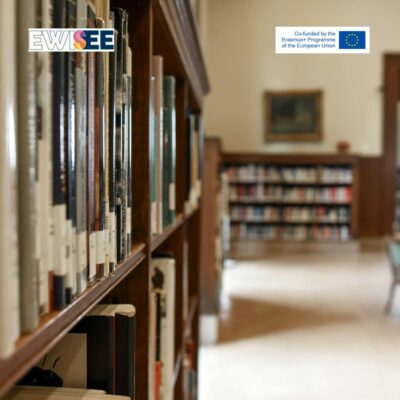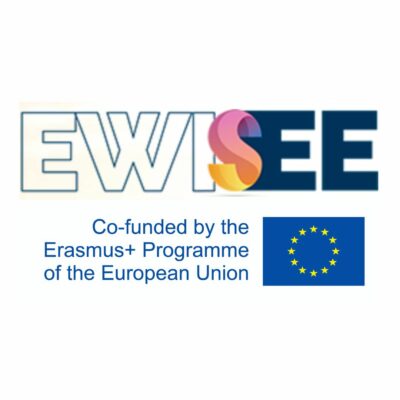Sexuality and affection education is a crucial topic that involves young people throughout Europe. It is essential to provide adolescents and young adults with tools and knowledge to navigate the complex dynamics of interpersonal relationships, sexual and reproductive health, and their own gender identity consciously and responsibly.
The Importance of Sexuality Education
Sexuality education is not just about learning the biological facts related to reproduction, but also about understanding relationships, mutual respect, personal autonomy, and awareness of one’s sexual rights. Proper education in this area can help prevent unwanted pregnancies, sexually transmitted diseases, and forms of discrimination and violence related to sexual orientation and gender identity.
Current Situation in Europe
In many European countries, sexuality education is still a taboo topic or inadequately addressed in school curricula. This can lead to a lack of accurate and reliable information among young people, exposing them to risks to their physical and psychological health.
However, there are also positive examples of European countries that have successfully integrated sexuality education into their educational systems. These programs often involve teachers, parents, and health professionals to ensure a holistic and inclusive approach.
The Importance of Parental Involvement
The role of parents is fundamental in the sexual education of their children. Creating an open and honest dialogue within the family can help young people feel more comfortable discussing issues related to sexuality and affection, providing them with emotional and practical support in their growth and personal discovery.
The Need for a Holistic and Inclusive Approach
Sexuality and affection education must be inclusive and respectful of the diversity of each individual. This means addressing issues such as sexual orientation, gender identity, and family diversity in a non-judgmental and informative manner, promoting respect for differences and understanding of one’s own choices and desires.
Conclusions
In conclusion, sexuality and affection education represent a fundamental component of the overall education of young Europeans. It is the responsibility of educational institutions, parents, and society as a whole to ensure that every young person has access to accurate, up-to-date, and respectful information that respects their autonomy and personal dignity. Investing in sexuality education means investing in the future of a more aware, equitable, and inclusive society for all.
Bibliography
- World Health Organization (WHO). (2010). Standards for Sexuality Education in Europe. WHO Regional Office for Europe.
- European Parliament. (2013). Sexual and Reproductive Health and Rights. Committee on Women’s Rights and Gender Equality.
- United Nations Educational, Scientific and Cultural Organization (UNESCO). (2018). International Technical Guidance on Sexuality Education. UNESCO.
- Kirby, D. (2007). Emerging Answers 2007: Research Findings on Programs to Reduce Teen Pregnancy and Sexually Transmitted Diseases. The National Campaign to Prevent Teen and Unplanned Pregnancy.
- Santelli, J., et al. (2017). Explaining recent declines in adolescent pregnancy in the United States: the contribution of abstinence and improved contraceptive use. American Journal of Public Health, 107(3), 420-426.
- Planned Parenthood Federation of America. (2018). Parent-child communication in sexuality education: Parental attitudes and practices. Planned Parenthood Research.





Comments (0)